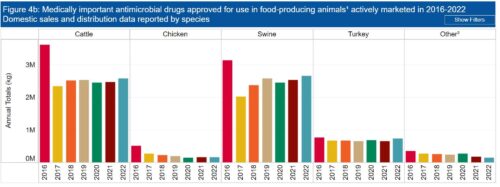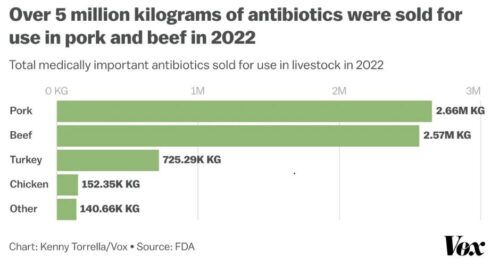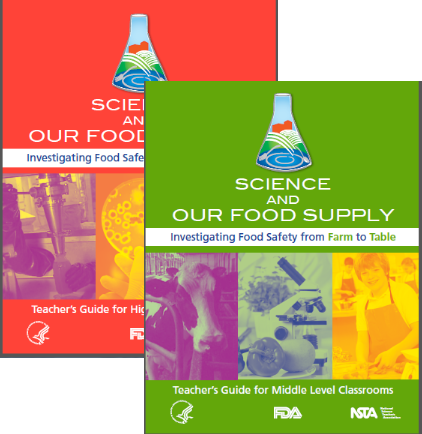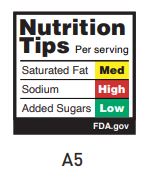What is the FDA’s food regulatory role anyway?
The keynote address at the Consumer Federation of America’s annual food policy conference was given by the FDA’s new Deputy Commissioner for Human Foods, James “Jim” Jones.
He talked about his priorities and what he’s hoping the FDA will do. Fine.
But in the Q and A, he was pushed repeatedly by Mike Jacobson (former head of CSPI) to say what the FDA would be doing to pressure the food industry to reduce salt in the food supply, something the FDA has promised to do for years with little progress.
In response, Jones said: “…I wouldn’t say pressure. Pressure is not our statutory authority…isn’t to pressure….it is to help manage the food supply in a way that makes it healthier for Americans.”
Oh dear.
Pressuring the food industry most certainly is in the FDA’s authority. I can think of lots of things the FDA has done that directly oppose food industry interests despite plenty of industry pushback: food labels in general and trans fat and sugar labeling in particular, restrictions on health claims, food safety regulations, and anything else the agency has done to force food companies to behave in the interest of public health.
Food companies will act in the public interest, only when they have to. Jones’ statement, if that’s what he meant, is an alarming indication of agency capture.
The FDA is a regulatory agency and part of the Public Health Service. It’s not supposed to win popularity contests. It’s not supposed to be an arm of the food industry.
It’s supposed to take whatever tough steps are needed to keep the food supply safe and healthy so as to improve the overall health of Americans.
Yes, the FDA should be pressuring food companies about salt (and sugar, for that matter), and as strongly as possible.
Maybe I am misunderstanding what he said. I hope so.
Here’s the video of the session. Jacobson’s questions begin at 19:30. Watch and decide for yourself.









